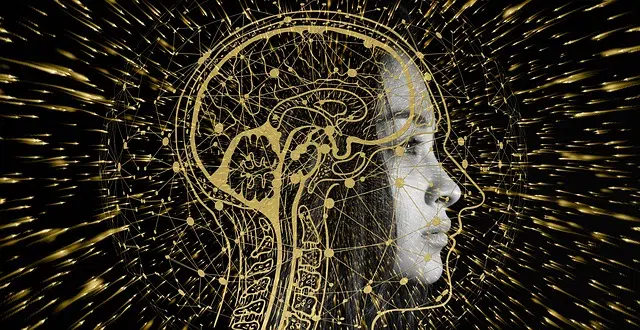
Cognitive psychology analyzes the information processing carried out by people.
The idea of information processing is used to refer to a theory developed in the field of psychology by the cognitivist current . It is a way of analyzing the functioning of the human mind based on an analogy with the work done by computers ( computers ).
According to the theory of information processing , the human mind develops a sequential and successive operation that begins with the perception and input of information (a stage known as input ), continues with storage and interpretation that allows producing a response (the instance of the processing itself) and ends with the output of said response ( output ).
Memory in information processing
In this framework, memory plays a fundamental role. Information processing theory often appeals to certain structural models that distinguish between various kinds of memory. Sensory memory is responsible for collecting information, which is stored for a reduced interval in short-term memory . From there, meanwhile, it can be directed to long-term memory .
Information processing, in short, allows knowledge to be incorporated into data that is already stored in memory. In the process, meaning is added to new information by establishing relationships with other stored content, the material is organized and contexts are developed. All these actions make learning possible.
In this framework, there are different theoretical models that we can mention, among which stand out: multistore , proposed by Richard Atkinson and Richard Shiffrin in 1968, according to which memory is divided into three components; levels of processing , by Fergus Craik and Robert Lockhart, which added to the previous one the increasing degrees of processing depending on how much attention we pay to the stimulus; multicomponent , by Baddeley, according to which we have a central system in charge of monitoring input through the phonological loop, literacy and imagery.
The operation of computers
Returning to the analogy with computers , it is understood that the brain is a physical medium that resembles hardware . On the other hand, cognitive functions , such as language and memory , are equivalent to software .
One of the main differences between the human being and the computer is the presence of feelings , something that science has not yet been able to define decisively but that is almost impossible to deny. A computer never feels sad or happy, it does not experience anxiety or fatigue, it does not complain or express the desire to complete its tasks; It simply exists, and we do with it whatever we want. It goes without saying that the reality of a living being is very different.

Information processing is an essential function of a computer.
Although this analogy between the brain, language and memory with hardware and software, respectively, is correct to a certain extent, we must not overlook the fact that it is practically impossible to find two human beings in which the information processing occurs in the same way. exactly, while all the computers in the same group do give identical results . A group of devices of a certain architecture and with the same operating system always interpret our stimuli, the data that we enter them, in the same way; Two people of the same age, sex, and even from a family group can present very different responses.
Returning to learning, a central concept in information processing for psychology, we know that no two students are the same : each one internalizes the concepts that their teachers teach them in a particular, perhaps unique way. Without entering the realm of artificial intelligence , where this could occur, installing a program produces the same result on any computer in a given group.
